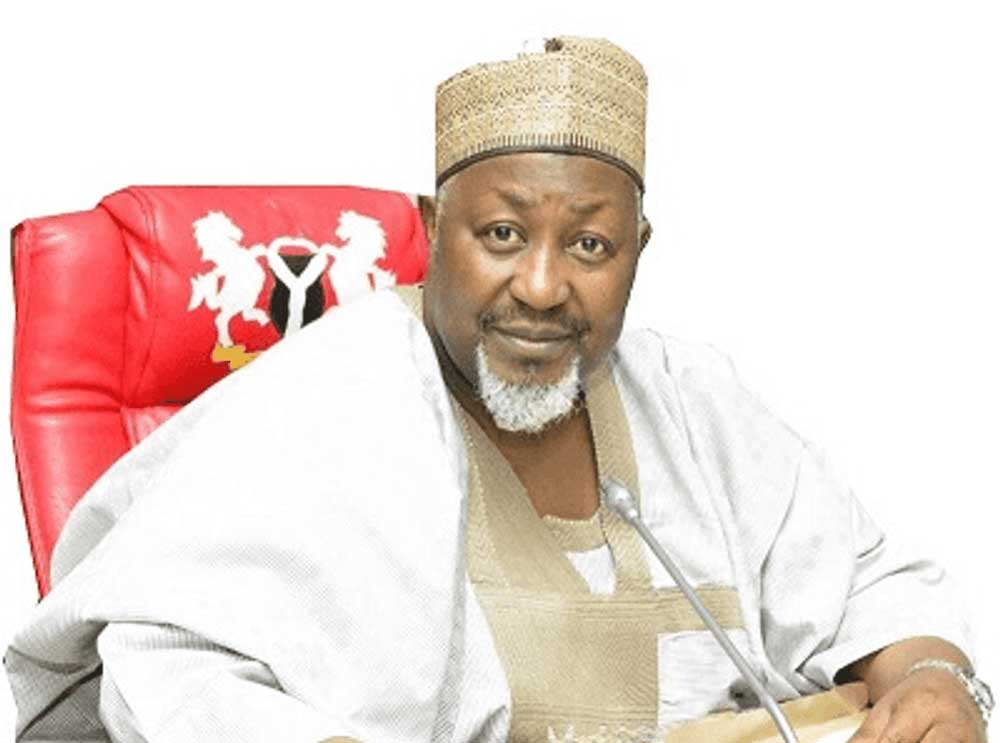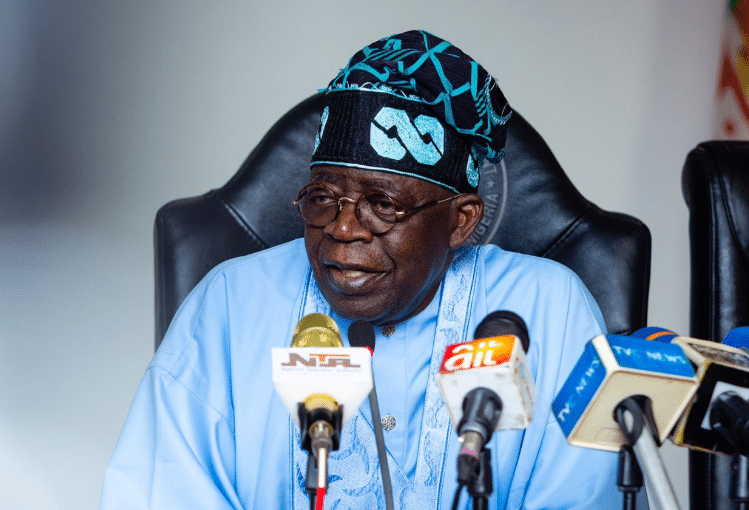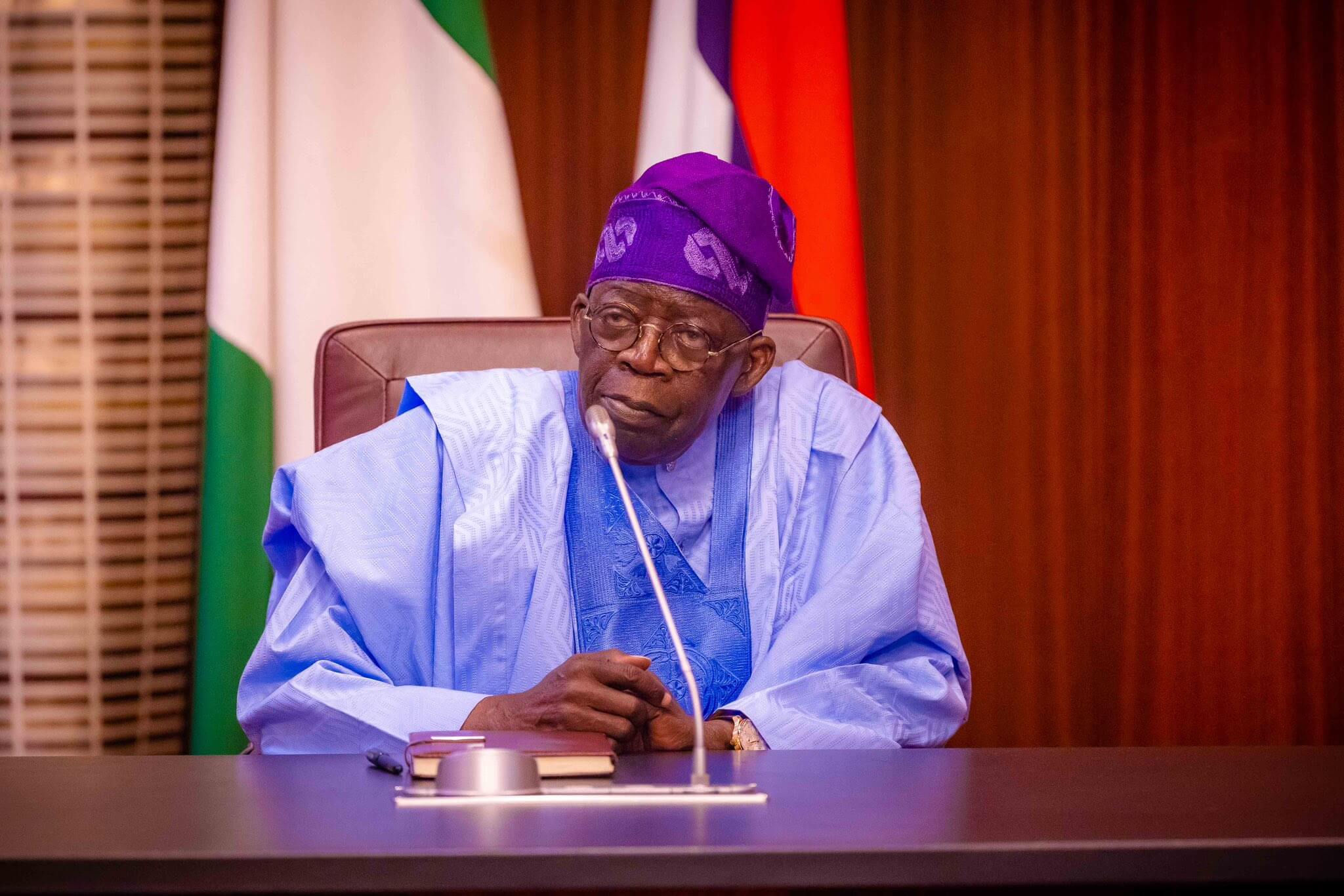 NCS commits to helping revamp the education sector using AI
NCS commits to helping revamp the education sector using AIThe Nigeria Computer Society (NCS) on Sunday called for the revamping of the Education Sector to provide access to affordable, and easy teaching and learning for all.
READ ALSO:NCS seizes N1.8b expired pharmaceuticals at Apapa port
The President, NCS, Dr Sirajo Aliyu, who made the call in an interview with the News Agency of Nigeria in Lagos, said that the Society was imagining a future where technology would revolutionize the way Nigerians learn and work.
He said that the NCS, as the umbrella body for Information Technology (IT) professionals, intended on making this vision, a reality.
“The NCS is dedicated to harnessing the power of emerging technologies to drive growth and innovation in the country.
“From championing Artificial Intelligence (AI) to data mining, the NCS is always at the forefront of the latest trends.
“This organization is working tirelessly to develop programmes that address the needs of the sector, often anticipating and shaping the future of IT,” Sirajo said.
According to him, one area that stands to benefit greatly from the NCS’ efforts is education by integrating AI into the tertiary institutions to make learning and teaching more accessible, affordable and effective.
“Imagine online classes where resources are readily available, and students can learn at their own pace; the cost of education will plummet, making it possible for more people to access quality learning,” he stressed.
Sirajo added that with government’s support in creating an enabling environment, harnessing AI was within the reach of the NCS.
He said that the Nigerian Communications Commission (NCC) was already working hard to improve infrastructure, making broadband more affordable.
He said that for just N100, students could access data for learning, paving the way for a future where online classes are the norm.
He said: “Join the NCS in shaping the future of IT in Nigeria. Together, we can unlock the full potential of technology and create a brighter future for generations to come.”
READ ALSO:Technology-Driven Education: TETFund wins 2024 Anthology Visionary Award
In an earlier virtual event organized by the NCS, some Information Technology (IT) experts also joined their voices to the call for the revamping of the Nigerian education sector.
The professionals called for an innovative nation and continent that was future thinking towards Artificial Intelligence.
The experts made the call at the 3rd Technology-Enhanced Learning/ Computer Education Forum organized by the Nigeria Computer Society (NCS)
The News Agency of Nigeria (NAN) reports that the theme of the forum was: “Artificial Intelligence in Education: Implications, Strategies for National Growth’’.
Prof. Abejide Ibijola, Professor of Artificial intelligence and Applications, Johannesburg Business School, University of Johannesburg, South Africa, said that most of the problems faced as a country in Nigeria was shared by almost all African countries.
Speaking in a presentation titled: “Artificial Intelligence and the Future of Education”, Ibijola said that the fact was that though some African countries are luckier than Nigeria, but generally the situation was the same for all these countries.
He said that the situation could be described as a timeless dimension because this problems had been here forever and the countries are still not solving them.
The don said that to address the challenges of the Education Sector, there was need for funds to build the sector, in terms of infrastructure – more buildings, more laboratories.
He added that it was also necessary to pay teachers well, and get passionate and motivational people in the classroom.
According to Ibijola, young people in Africa generally, Nigeria specifically, needed to be exposed to the fast-paced training tailored towards the future, which could change their mindset towards being innovative.
The professor said that great teaching should be at the forefront, if the continent was thinking of a future with AI in education.
‘”It is also important to do research and teaching in areas that are trendy and interesting, and in areas one is passionate about.
“Adding monetary value to education; how much is our knowledge worth is an interesting question because most of our young people get distinctions and first class in University, but can not translate knowledge to monetary value.
“Given the fact that there is poverty not just in Nigeria but the 54 Africa countries, it will be nice if we can turn our teaching and learning towards what will be beneficial which is to make money from it,’’ he said.
Ibijola noted that there should also be career development, saying that where there was no career development and planned teaching it meant that the feedback obtained would be poor lecturers to train the youths.
He added that the youths trained in this mode would also be poor in knowledge.
The don said that in revamping the education sector, the curriculum should be timely and tailored towards the needs of the society and the industry.
He advocated for the use of AI in academics for improved method of grading and assessment, among other benefits.
Also speaking, Salisu Abdulrahman, an Associate Professor of AI in Kano State University of Science and Technology, said that AI could drive economic growth by stimulating gains from supply and demand.
Abdulrahman said that business production could be driven through the existing labour force by equipping them with AI technology.
Speaking on the topic: “Developing Skills, Capabilities and Artificial Intelligence for Rapid National Growth”, the don said a lot needed to be done in Nigeria to improve domestic business production, adding that the nation still had a long way to go in automation processes.
According to Abdulrahman, although the status of AI in Nigeria is at the state levels, there are a lot of efforts by the Federal Government, some startups, and the Ministry of Communication, Innovation and Digital Economy.
READ ALSO:Governor Lawal lauds FCET’s role in Zamfara education reform
He said that the National Information Technology Development Agency (NITDA) had been making efforts to drive the AI research in Nigeria.
The associate professor said that the biggest challenge in Nigeria was education, adding that there were some major steps to be taken to improve skills in Nigeria to foster innovation in the country.
Abdulrahman said that the Federal and state governments and businesses had to make long term investment in fundamental and responsible AI research.
He said: “In this regard, we need to put in much effort on investing heavily on research and development through adequate funding of the academic institutions.
“We also need to fund AI startups in Nigeria, and make it right with development of a talented and skilled work force for AI development.”
The associate professor called for more collaboration and knowledge sharing between stakeholders in academics and startups.
In his goodwill message, the Executive Secretary, National Board of Technical Education (NBTE), Prof. Idris Muhammed, said the theme of the forum was relevant in the midst of the reality of the fourth industrial revolution.
Muhammed said that embracing industrial advancement was not just a choice but a necessity for sustained progress, adding that the transformative power of AI was reshaping the educational landscape.
Muhammed said that the introduction of AI would mark a transformative shift and demanded that the NBTE rethink its traditional assessment method, where practical knowledge comprised a significant portion of its curriculum.
“As we gather for this forum, I am confident that the discussion will navigate the complexities of AI in education.
“Also that it will uncover its advantages, challenges and anticipate emergence of valuable recommendations that will lead to the production of highly skilled graduates essential for the rapid growth of our economy,” he said.
The NBTE executive secretary was represented by the General Manager, NBTE Center, Mr Ayodele Aroge.

 3 months ago
5
3 months ago
5















 English (US) ·
English (US) ·